
|
Vol 74 |
Page 11 |
Privacy Policy | Editorial Policy | Profit Policy | Join the Association | List of Members | Contact us | Index | Links
Back Go to page: 1 2 3 4 5 6 7 8 9 10 11 12 13 14 15 16 17 18 19 20 Forward
Veterans and Veterans Families Counselling Service (VVCS) can be reached 24 hours a day across Australia
for crisis support and free and confidential counseling. Phone 1800 011 046.
VVCS is a service founded by Vietnam Veterans.

Health and Life-style.
Contents.
Do your genes determine your coffee habits.
Meat substitutes - are they any good?
Whole grain foods - can they lower blood pressure.
The Prostate.
Professor Chen Horin.

I am here to speak with you on Prostate. The topic is misleading. Is prostate strictly for men? Yes, ONLY men have prostate and ONLY men over 40 years are susceptible for a problem prostate, but this healthcare enlightenment is for everyone. There is no woman who does not know a man 40 years and above, father, uncle, brother, son, friend, neighbour, colleague...
Essentially what I will be doing today is health promotion. Responsible health promotion must provide three things:
-
Information
-
Reassurance
-
A plan of action.
Let me start with a background on prostate health.
Everyone has a pair of kidneys. The job of the kidney is to remove waste. It is the LAWMA (waste management company) of your body. Everyday your blood passes through the kidney several times to be filtered. As the blood is filtered, urine is formed and stored in a temporary storage tank called the urinary bladder.
If there were to be no urinary bladder, as a man walks on the road, urine will be dropping.
Now think of the plumbing work in your house. Think of the urinary bladder as the overhead storage tank. From the storage tank, a good plumber will run pipes to other parts of the house, including the kitchen. God in His wisdom ran pipes from our urinary bladder to the tip of the penis. The pipe is called the urethra. Just below the bladder and surrounding the urethra is a little organ called the prostate gland. The prostate gland is the size of a walnut and weighs about 20grams. Its job is to make the seminal fluid which is stored in the seminal vesicle. During sexual intercourse, seminal fluid comes down the urethra and mixes with the sperms produced in the testicles to form the semen. So semen technically is not sperm. It is sperm + seminal fluid. The seminal fluid lubricates the sperm.
After age 40, for reasons that may be hormonal, the prostate gland begins to enlarge. From 20 grams it may grow to almost 100 grams. As it enlarges, it squeezes the urethra and the man begins to notice changes in the way he urinates.
If you have a son under 10, if he has a little mischief like we all did at that age, when he comes out to urinate, he can target the ceiling and the jet will hit target. Call his father to do same, wahala dey. His urine stream is weak, cannot travel a long distance and sometimes may come straight down on his legs. So he may need to stand in awkward position to urinate.
Not many men will be worried their urine stream cannot hit the ceiling. Toilets are on the floor and not on the ceiling. But other symptoms begin to show.
TERMINAL DRIPPLING:
The man begins to notice that after urinating and repacking, urine still drops on his pants. This is the reason why after an older man urinates, he has to ring bell. A younger man simply delivers to the last drop and walks away. Just see an older man coming from the bathroom. Sometimes he may clutch the newspaper closely to hide the urine stains, particularly on plain coloured trousers.
HESISTANCY:
At this point you wait longer for the urine flow to start. There are 2 valves that must open for you to urinate – the internal and external sphincters. Both open but because of obstructions in the urethra, you wait longer for the flow to start.
INCOMPLETE EMPTYING:
You have this feeling immediately after urinating that there is still something left.
As all these things happen, the bladder begins to work harder to compensate for the obstruction in the urethra. The frequency of urination goes up. Urgency sets in. Sometimes you have to practically run into the toilet. Nocturia also becomes common. You wake up more than 2 times at night to urinate. Your wife begins to complain.
Men being men may not talk to anyone even at this point. Then the more serious complications start.
-
Stored urine gets infected and there may be burning sensation when urinating.
-
Stored urine forms crystals. Crystals come together to form stone either in the bladder or in the kidney. Stones may block the urethra.
-
Chronic urinary retention sets in. The bladder stores more and more urine. The size of the bladder is 40 - 60cl. As the bladder stores more urine it can enlarge up to 300cl. An overfilled bladder may leak and this leads to wetting / urinary incontinence. Also the volume may put pressure on the kidney and may lead to kidney damage.
-
What may likely bring the man to hospital is acute urinary retention. He wakes up one day and he is not able to pass urine.
Everything I have described above is associated with prostate enlargement, technically called benign prostate hyperplasia. There are other diseases of the prostate like:
-
Prostatitis – inflammation of the prostate
-
Prostate cancer – cancer of the prostate.
This discussion is on prostate enlargement.
I have bad news and good news.
The bad news is that everyman will have prostate enlargement if he lives long enough. The good news is that there are life style changes that can help the man after 40 to maintain optimum prostate health.
NUTRITION:
Look at what you eat. 33% of all cancers, according to the US National Cancer Institute are related to what we eat. Red meat everyday triples your chances of prostate disease. Milk everyday doubles your risk. Not taking fruits / vegetables daily quadruples your risk. Tomatoes are very good for men. If that is the only thing your wife can present in the evening, eat it with joy. It has loads of lycopene. Lycopene is the most potent natural antioxidant.
Foods that are rich in zinc are also good for men. We recommend pumpkin seeds (ugbogulu). Zinc is about the most essential element for male sexuality and fertility. Men need more zinc than women. Every time a man ejaculates he loses zinc. Zinc is also important for alcohol metabolism. Your liver needs zinc to metabolize alcohol.
ALCOHOL CONSUMPTION:
As men begin to have urinary symptoms associated with prostate enlargement, it is important they look at alcohol consumption. More fluid in means more fluid out. Drink less. Drink slowly.
EXERCISE:
Exercise helps build the muscle tone. Every man should exercise. Men over 40 should avoid high impact exercise like jogging. It puts pressure on the knees. Cycling is bad news for the prostate. We recommend brisk walking.
SITTING:
When we sit, two-third of our weight rests on the pelvic bones. Men who sit longer are more prone to prostate symptoms. Do not sit for long hours. Walk around as often as you can. Sit on comfortable chairs. We recommend a divided saddle chair if you must sit long hours.
DRESSING:
Men should avoid tight underwear. It impacts circulation around the groin and heats it up a bit. While the physiological temperature is 37 degrees, the groin has an optimal temperature of about 33 degrees. Tight underpants are a no - no for men. Wear boxers. Wear breathable clothing.
SMOKING:
Avoid smoking. It affects blood vessels and impacts circulation around the groin.
SEX:
Regular sex is good for the prostate. Celibates are more prone to prostate illness. While celibacy is a moral decision, it is not a biological adaptation. Your prostate gland is designed to empty its contents regularly.
The fat that's hard to dislodge once you put it on.
Sydney Uni
Studies show that the location of body fat has a big impact on how to remove it.
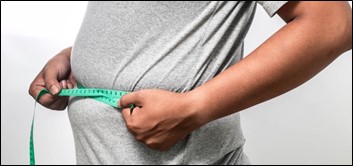
Scientists have mapped out what happens to fat deposits during intermittent fasting (every second day), with an unexpected discovery that some types of fat are more resistant to weight loss.
In a mouse study, Australian researchers have mapped out what happens behind the scenes in fat tissue during intermittent fasting, showing that it triggers a cascade of dramatic changes, depending on the type of fat deposits and where they are located around the body.
Using state-of-the-art instruments, University of Sydney researchers discovered that fat around the stomach, which can accumulate into a ‘protruding tummy’ in humans, was found to go into ‘preservation mode’, adapting over time and becoming more resistant to weight loss.
A research team led by Dr Mark Larance examined fat tissue types from different locations to understand their role during every-other-day fasting, where no food was consumed on alternate days.
The fat types where changes were found included visceral ‘belly’ fat, which is fat tissue surrounding our organs including the stomach, and subcutaneous fat, which lies just under the skin and is associated with better metabolic health.
While most people would think that all fat tissue is the same, in fact, the location makes a big difference. Data shows both visceral and subcutaneous fat undergo dramatic changes during intermittent fasting. During fasting, fat tissue provides energy to the rest of the body by releasing fatty acid molecules, however, the researchers found visceral fat became resistant to this release of fatty acids during fasting. There were also signs that visceral and subcutaneous fat increased their ability to store energy as fat, likely to rapidly rebuild the fat store before the next fasting period.
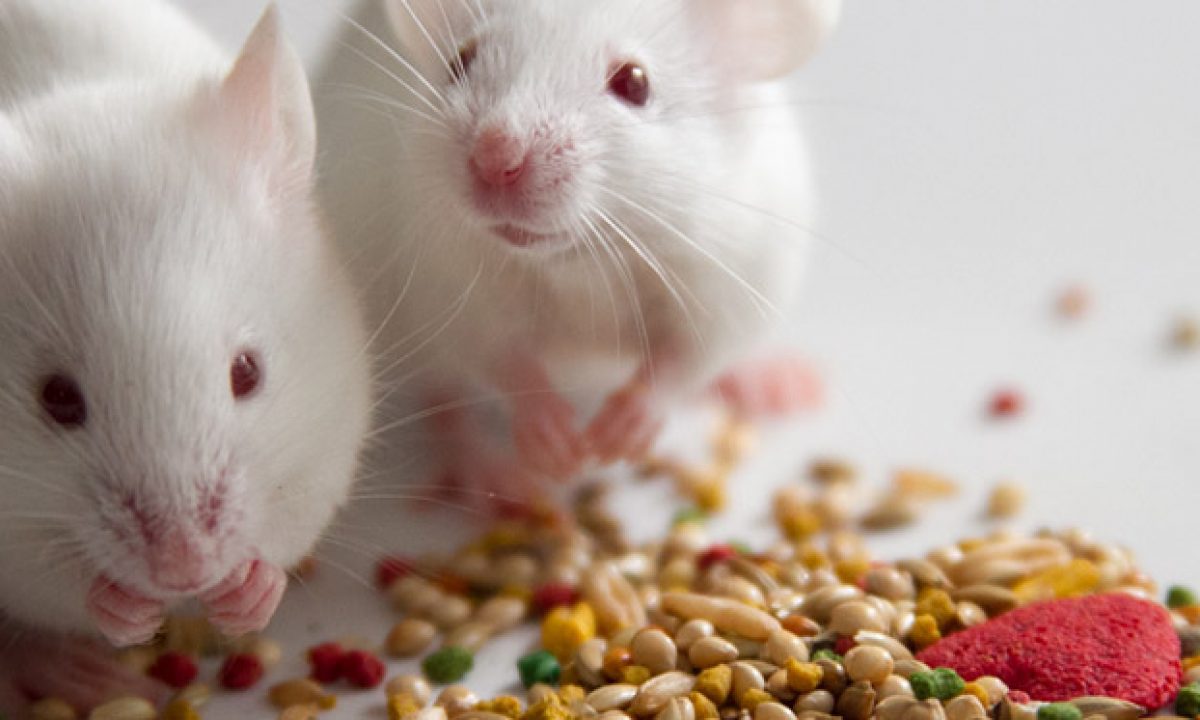
Dr Larance said it was possible that a history of repeated fasting periods triggered a preservation signalling pathway in visceral fat. “This suggests the visceral fat can adapt to repeated fasting bouts and protect its energy store,” he said. “This type of adaptation may be the reason why visceral fat can be resistant to weight loss after long periods of dieting. Mouse physiology is similar to humans, but their metabolism is much faster, allowing us to observe changes more rapidly than in human trials, and examine tissues difficult to sample in humans,” he said. Future research in mice and humans could uncover the mechanisms by which this resistance occurs and also which types of diet and other interventions may be best at tackling belly fat.
The research team examined more than 8500 proteins located in fat deposits, creating a catalogue of changes that occurred during intermittent fasting, using a technique called proteomics.
Proteomics – the study of all proteins – a relatively new area of study that takes its name from genomics (the study of all genes), monitors how proteins react under certain conditions, which in this case is intermittent fasting. The results provide a rich source of data that helps to paint a more complete picture of the inner workings of fat tissue. It was via proteomics that the research team was alerted to major cellular changes caused by intermittent fasting and, after further analysis, highlighted the visceral fat’s preservation mechanism in action.
The study was conducted using the instruments of the Sydney Mass Spectrometry in the Charles Perkins Centre, part of the University of Sydney’s Core Research Facilities. Dr Larance said it should be noted that findings from the intermittent study might not apply to different diet regimes such as the 5-2 diet (fasting two days out of seven) or calorie restriction, which is common in people wanting to lose weight.
The results lay the foundation for future studies, which will dissect the molecules responsible for why visceral fat is resistant to energy release during fasting and help determine what diet plans would be most beneficial for metabolic health. “Now that we’ve shown ‘belly fat’ in mice is resistant to this diet, the big question will be to answer why, and how do we best tackle it?”
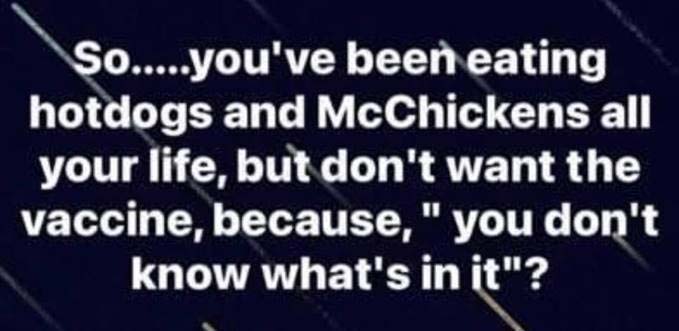
Our coffee habits are actually decided by our genes
In dense tropical forests in Sierra Leone, scientists have rediscovered a coffee species not seen in the wild in decades - a plant they say may help secure the future of this valuable commodity imperilled by climate change thanks to its flavour and heat tolerance.
If you think your coffee consumption is ruled by how much sleep you get, how demanding your job is or how cute your local barista is, you’re not 100 per cent right. Your three-a-day latte habit, or lack of, is more likely to be based on your genes and your cardiovascular health. The coffee-loving research team from the University of South Australia have discovered our bodies subtly prevent us from consuming too much caffeine if we’re predisposed to cardio health problems.
Through a world-first study of 390,000 people, the team concluded that people with high blood pressure, angina, and arrythmia were more likely to drink less coffee than those without these markers – and it is all down to genetics. It appears people subconsciously self-regulated safe levels of caffeine, based on their blood pressure levels, a protective move from our genes. What this means is that someone who drinks a lot of coffee is likely more genetically tolerant of caffeine, as compared to someone who drinks very little.
Conversely, a non-coffee drinker, or someone who drinks decaffeinated coffee, is more likely prone to the adverse effects of caffeine, and more susceptible to high blood pressure.
So what does that mean for your daily brew?
These automatic signals are there for a reason, and shouldn’t be ignored. Whether we drink a lot of coffee, a little, or avoid caffeine altogether, this study shows that genetics are guiding our decisions to protect our cardio health. If your body is telling you not to drink that extra cup of coffee, there’s likely a reason why. Listen to your body, it’s more in tune with your health than you may think.
The University of South Australia is no stranger to studying the effects of coffee and caffeine on the human body. Last year, they looked into the effect coffee has on our joints. In February, they told us that drinking more than six cups of coffee a day can actually increase our risk of developing cardiovascular disease. When you cross that consumption threshold, the amount of lipids (that’s fat) in your blood increases, elevating your risk of heart disease.
Professor Hyppönen said the cholesterol-elevating compound known as cafestol was found in unfiltered brews like French press, Turkish and Greek coffees, as well as espressos. (There’s no cafestol in filtered and instant coffee though, so your International Roast is safe.) “In my opinion it is especially important for people with high cholesterol or who are worried about getting heart disease to carefully choose what type of coffee they drink,” Professor Hyppönen said.

Covid-19 Vaccine.
Over 80 years ago, in Greece, sixty thousand Jews lived peacefully in Thessaloniki. It was a valued and vibrant community. Most of these Jews worked in the port. So much so that the port of Thessaloniki was even closed on Saturday, Shabbat. Great emeritus rabbis also lived and studied there. Everyone rubbed shoulders and appreciated each other, but on September 2, 1939, on the eve of the outbreak of World War II, it is on this great community that the Nazi terror will suddenly rise.
On April 6, 1941, Hitler invaded Greece in order to secure its southern front before launching the famous Operation Barbarossa and its great offensive against Russia. Of the 60,000 Jews in Thessaloniki, around 50,000 will be exterminated at the Birkenau concentration camp, in record time!

The massacre of the Jews of Greece was brief but intense. Very few will have the chance to make it, but among the survivors there was a family known as Bourla and after the war, in 1961, a son was born into this miraculous family in the camps. His parents called him Israel-Abraham. He grew up and studied veterinary medicine in Greece. A brilliant student, Abraham will get his doctorate in reproductive biotechnology at the veterinary school of Aristotle University in Salonika.
At the age of 34, he decided to move to the United States. He changes his first name Abraham, to Albert. Albert was integrated into the medical industry. He progressed quickly and joined a pharmaceutical company where he became “Head manager.” Abraham (Albert) rose through the ranks and got his appointment as CEO of this company in 2019.
Throughout the year Albert decides to direct the efforts of the company to try to find a vaccine against a new virus (Covid) which has just struck the world. He expends great financial and technological efforts to achieve his goal. A year later the WHO (World Health Organization) validates his company to produce the long-awaited vaccine ... His vaccine will be distributed in several countries including Germany, which counts thousands of dead from the pandemic. Ironically, this vaccine which will save the lives of millions of people around the world including many Germans, was led and pushed by a little Jew from Thessaloniki, son of Holocaust survivors from whom most of his people were exterminated by Nazi Germany.
And that is why Israel became the first country to receive the vaccine. In memory of his grandparents and his parents, who gave birth to Israel-Abraham Bourla, known today as Albert Bourla: CEO of Pfizer.
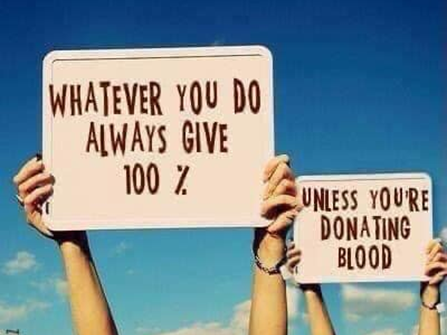
Are meat substitutes good for us?
Here's why you should check the ingredients before you buy a meat substitute.
Almost 20 per cent of Australians say they are trying to reduce their consumption of meat. Add these ‘meat reducers’ to the existing cohort of vegans and vegetarians and over a quarter of us are committed to avoiding eating animals, say researchers from the University of Adelaide, however, the average Australian still consumes 94 kilograms of meat per year, nearly three times the global average.
Meat reducers, mostly motivated by health concerns, are propelling a surge in plant-based meat sales.
A spokesperson for Woolworths said it had seen “double-digit growth for plant-based meat alternatives in our stores over the past year and every indication tells us this category will only continue to grow”. Coles also said the sales of its Beyond Meat and Alternative Meat Co products had seen “double-digit growth week-on-week” in early 2021.
The share price of the US-owned Beyond Meat rose 475 per cent in the first month since its initial public offering in May 2020.
Fast-food behemoths KFC, McDonald’s and Hungry Jacks have developed ‘fake meat’ offerings, and the number of plant-based meat products on Australian grocery shelves doubled in 2020. Research co-author Professor Wendy Umberger says there’s a “growing awareness” that we don’t need to eat as much meat. Many people say they “feel lighter and have more energy” when they cut down meat consumption.
Some people are motivated to reduce their meat intake due to their belief eating meat harms the planet. They think eating meat is wrong, that meat production is not sustainable. They say we need to reduce our meat consumption or get very used to the hordes of people being murdered at the border trying to escape climate catastrophe.
Personally, we think they’re nuts! tb
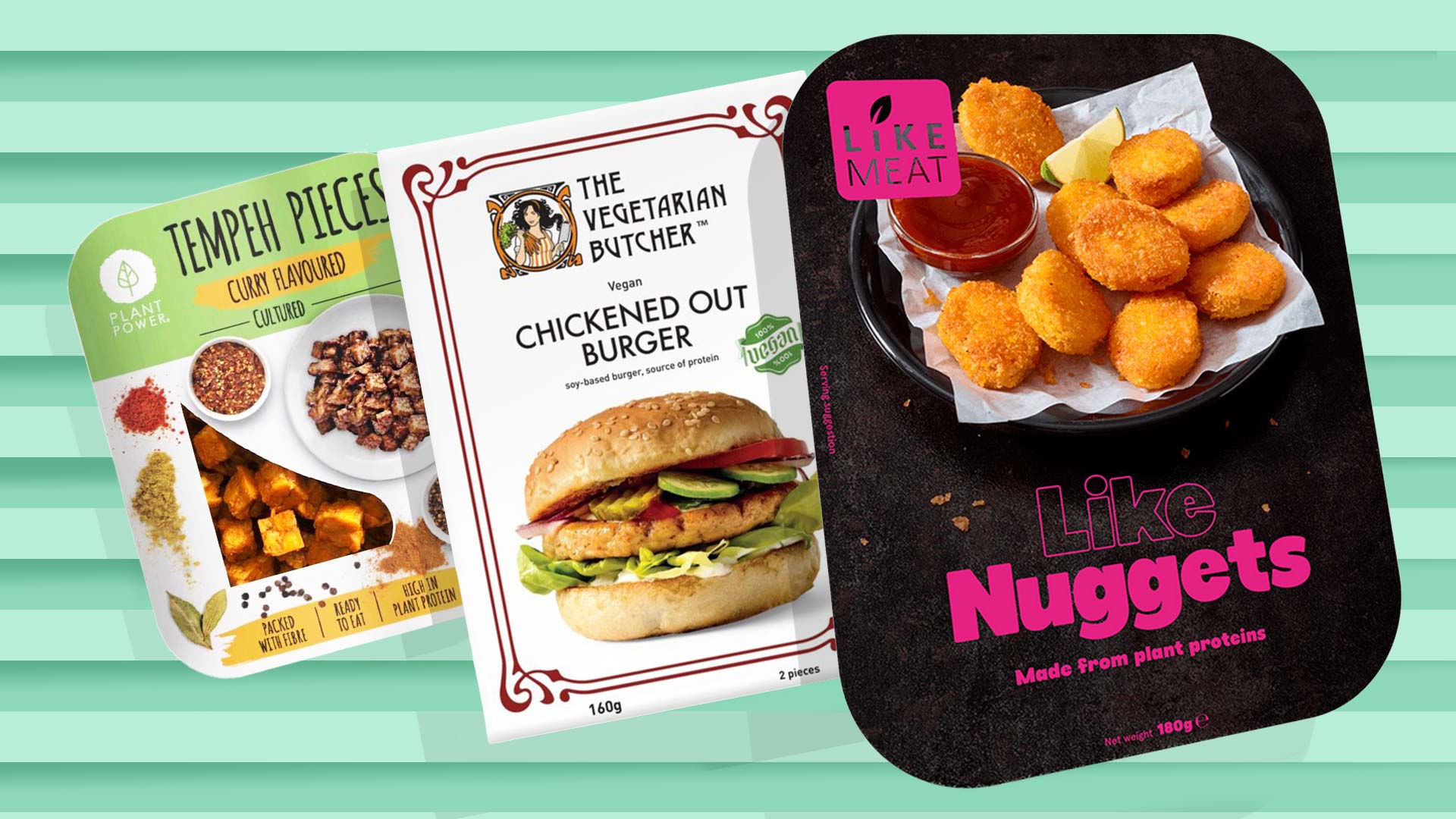
However, the real truth is the health benefits of the alternate products are “debatable”. Meat alternatives may be promoted as a healthy option, but experts warn the products are highly processed and should at best be eaten occasionally. A study by the George Institute for Global Health in Melbourne in 2019 with the Heart Foundation, which looked at processed meat alternatives such as meat-free bacon and meat-free sausages, found some products contained up to half a day’s worth of salt in one serve.
They can also be high in fats and sugar.
Sydney University says a vegan hot dog is no better for you than a meat one; you are still getting all these different hidden ingredients in the packet. Whenever you are buying something in a packet, it has usually gone through a heavy manufacturing process. You will see a long list of ingredients on the packet, some of them contain 20 to 50 ingredients.
Stephen Marks, founder of the Mexican food chain Guzman y Gomez, is bucking the trend to provide fake meat alternatives on his menu. He provides more vegetarian options instead. He says, If you want to eat vegetables, eat vegetables, if you want to eat less meat, have less meat. Simple!

Heavy meat eaters tend to be older men with lower education levels, while meat reducers are more likely to be educated women. Globally, China’s “ravenous” demand for meat is driving environmental damage in places such as Brazil, the world’s biggest meat exporter. Land clearing in the Amazon and Cerrado regions of Brazil is having “a devastating impact on global heating”. Concurrently, techcrunch.com reports that “2020 could well have been the dawn of alternative protein in China”.
Imitation meat start-ups are following the lead of McDonald’s, which has introduced five pea and soy-based, zero-cholesterol luncheon meat substitutes. But in America, old habits die hard. Despite continual reports that the international livestock industry is responsible for 14.5 per cent of the world’s greenhouse gases, American meat consumption overall is on the rise.
Blood Pressure variations.
Blood pressure has a daily pattern.
Usually, blood pressure starts to rise a few hours before you wake up. It continues to rise during the day, peaking in midday and normally drops in the late afternoon and evening. Blood pressure is normally lower at night while you're sleeping. Your blood pressure measurement at night is called nocturnal blood pressure.
Examples of an abnormal blood pressure pattern include:
-
High blood pressure during the night
-
High blood pressure early in the morning
-
Less than 10% drop in blood pressure overnight (non-dipping blood pressure)
A rise in blood pressure overnight to early morning has been linked to an increased risk of heart disease. An abnormal blood pressure pattern could also mean that you have:
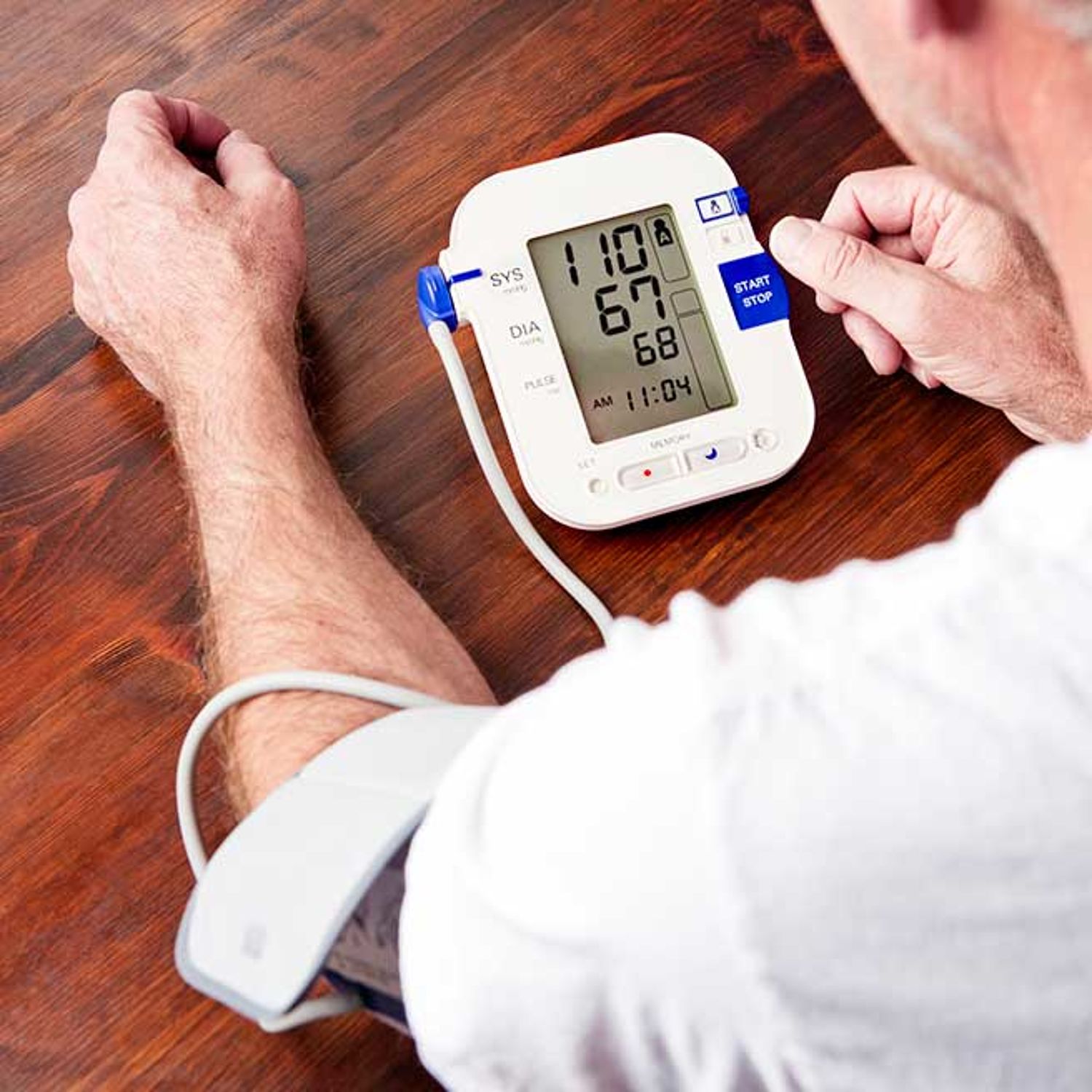
-
Poorly controlled high blood pressure
-
Obstructive sleep apnea
-
Kidney disease
-
Diabetes
-
Thyroid disease
-
A nervous system disorder
Poor diet, lack of exercise and certain lifestyle factors can affect your blood pressure pattern, including:
-
Night-shift work
-
Smoking
-
Overweight or obesity
-
Stress and anxiety
-
Not taking medications for blood pressure or sleep apnea as directed, or ineffective treatment
Your doctor can tell you if an abnormal daily blood pressure pattern may need treatment. Sometimes, a person's blood pressure rises simply when seeing a doctor. This is called whitecoat hypertension.
A 24-hour blood pressure monitoring test can be done to measure your blood pressure at regular time periods over 24 hours. The test, called ambulatory blood pressure monitoring, provides a detailed look at your blood pressure changes over an average day and night.

Can eating more whole-grain foods help lower my blood pressure?
It might. Eating more whole-grain foods on a regular basis might help reduce your chance of developing high blood pressure (hypertension).
Whole grains are grains that include the entire grain kernel — they haven't had their bran and germ removed by refining. Whole-grain foods are a rich source of healthy nutrients, including fibre, potassium, magnesium, folate, iron and selenium.
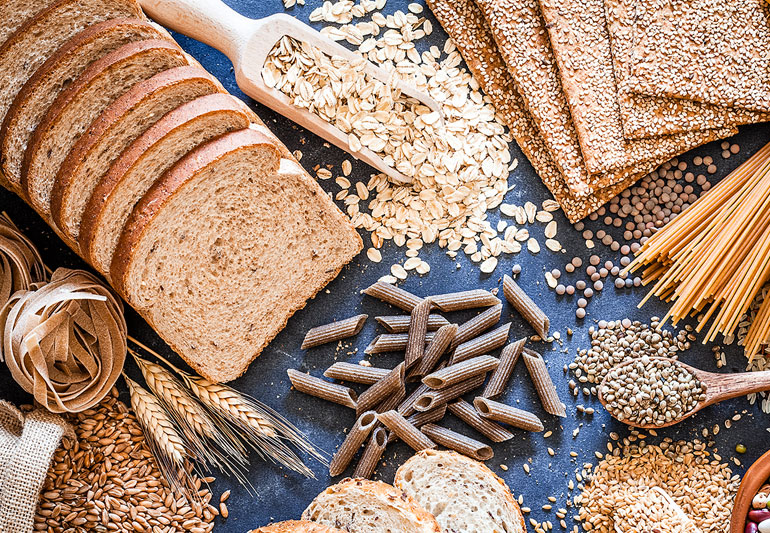
Eating more whole-grain foods offers many health benefits, which may include:
-
Helping you manage your weight, since whole-grain foods can make you feel full longer
-
Increasing your potassium level, which is linked to lower blood pressure
-
Decreasing your risk of insulin resistance
-
Reducing damage to your blood vessels
These heart-healthy benefits can work together to help reduce your risk of high blood pressure.
If you already have high blood pressure, eating more whole-grain foods might help lower your blood pressure. The Dietary Approaches to Stop Hypertension (DASH) diet and the Mediterranean diet both recommend including whole grains as part of a healthy diet.
According to the Dietary Guidelines for Americans, adults should eat about 3 ounces of whole grains a day, or the equivalent of three slices of whole-wheat bread.
One ounce of grains approximately equals:
-
1/2 cup cooked rice or pasta
-
1 medium slice of bread, tortilla, or flatbread
-
1 cup of flaked whole-grain cereal
The guidelines also recommend that at least half of all grains you eat are 100% whole grain.
Examples of whole-grain foods include:
-
Barley (not pearled)
-
Dark rye bread
-
Millet
-
Oats
-
Popcorn
-
Quinoa
-
Whole-grain cereals and crackers
-
Whole-grain cornmeal
-
Whole-wheat bread
-
Wild rice
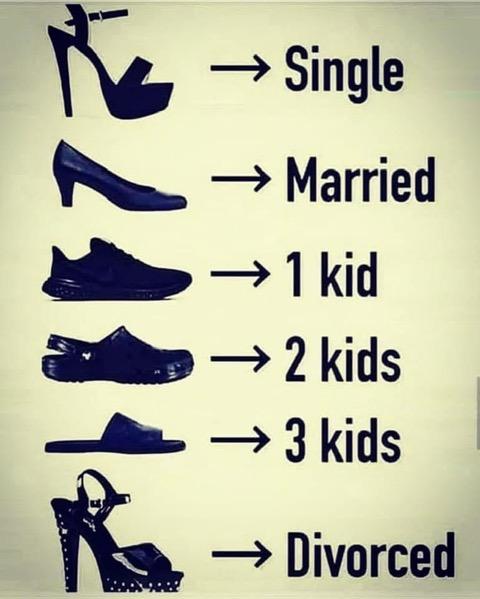
Back Go to page: 1 2 3 4 5 6 7 8 9 10 11 12 13 14 15 16 17 18 19 20 Forward